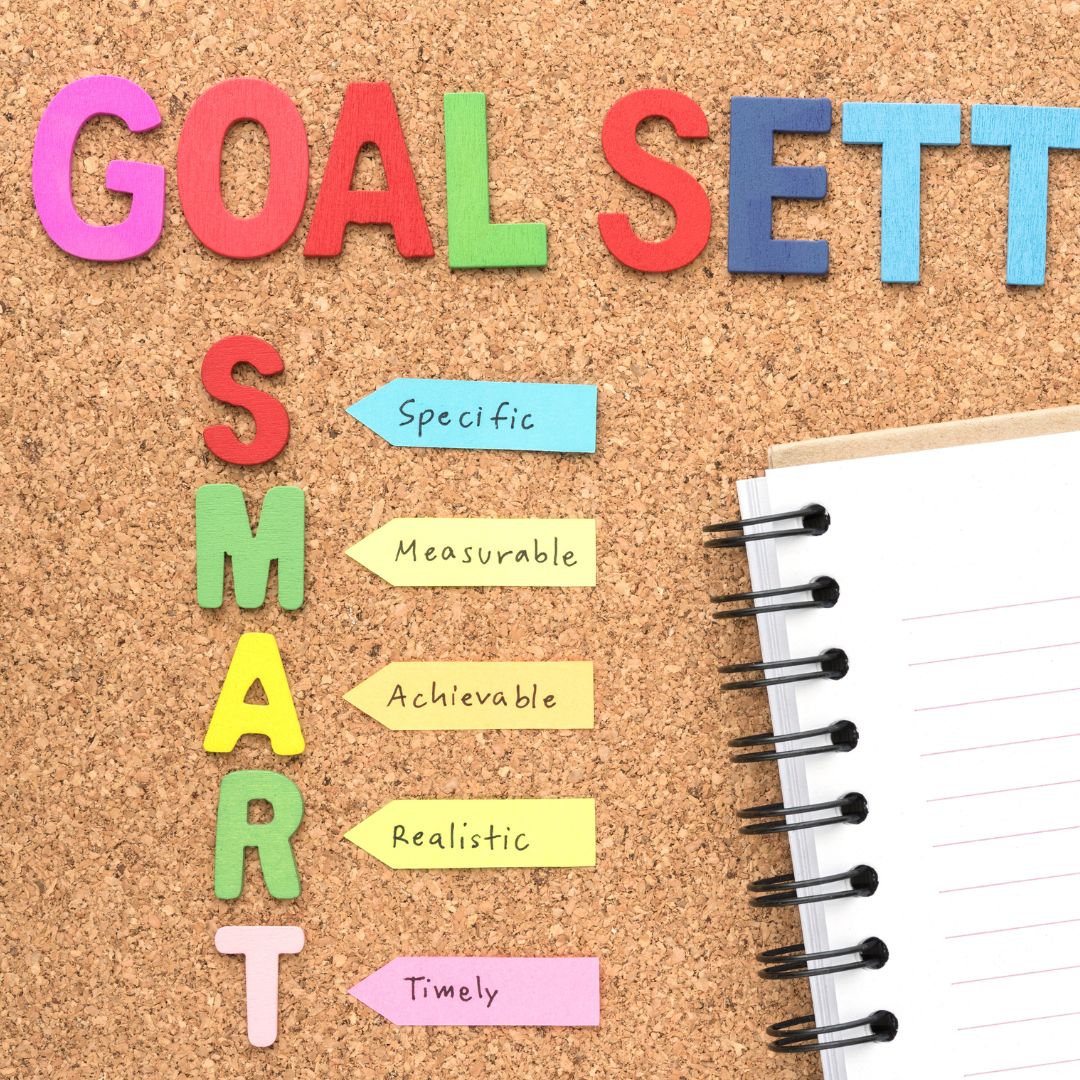Setting Meaningful Goals for Mid-Level Career Professionals Seeking Change
At a certain point in your career, you might start feeling stuck or realize you’re no longer as passionate about your work as you once were. Whether you're feeling uninspired, seeking more fulfillment, or simply considering a change in direction, setting clear and actionable goals can be the key to making that transition smoother and more impactful.
Here are some essential tips to help you set meaningful goals if you're a mid-level professional looking to pivot or redefine your career path:
- Clarify Your Values
Before diving into the specifics of your career change, take a step back and assess your core values. Understanding what truly matters to you in your work and life is crucial to ensuring your goals align with your personal vision. Ask yourself:
- What kind of work excites me?
- What environments do I thrive in?
- How do I want my work to impact my life?
By identifying your values, you can build a career direction that feels more authentic, rather than just chasing external markers of success.
- Conduct a Self-Assessment
Reflect on your current skills, strengths, and areas for growth. Mid-level professionals often have valuable experience but may also feel like there’s more to explore. Consider:
- What skills have I mastered, and which ones need further development?
- What have been my biggest accomplishments?
- Are there aspects of my job I enjoy or dislike?
This self-assessment will help you pinpoint areas where you need growth, enabling you to set goals that are realistic and grounded in your abilities and aspirations.
- Set Short-Term and Long-Term Goals
Setting both short-term and long-term goals provides a roadmap for your career transformation. Short-term goals (3–6 months) should focus on actions that help you move closer to your ultimate career vision, such as:
- Attending workshops or seminars to develop a new skill.
- Networking with professionals in a desired industry.
- Exploring potential job opportunities or freelance projects.
Long-term goals (1–3 years) should reflect the bigger picture of your career change, like:
- Transitioning to a new field.
- Building a personal brand or online presence.
- Reaching a leadership position or pivoting to an entrepreneurial venture.
By breaking down your career change into manageable steps, you can remain focused and motivated, even when progress feels slow.
- Set SMART Goals
For each goal you set, use the SMART criteria to ensure it's Specific, Measurable, Achievable, Relevant, and Time-bound. This framework helps make your goals concrete and actionable:
- Specific: What exactly do I want to achieve?
- Measurable: How will I track my progress?
- Achievable: Is this goal realistic, given my current situation?
- Relevant: Does it align with my long-term career vision?
- Time-bound: When do I want to achieve this goal?
An example might be: "I will complete an online certification course in digital marketing within the next 6 months to prepare for a potential career transition into marketing."
- Create an Action Plan
Once you’ve set your SMART goals, outline a step-by-step action plan to achieve them. Start with small, manageable tasks that contribute to your overall vision. For example:
- Research the best courses or certifications.
- Allocate a specific time each week to work on learning.
- Reach out to industry experts for informational interviews.
Consistency is key. By taking small, deliberate actions, you’ll build momentum toward your bigger goals.
- Build a Support System
You don’t have to go through this journey alone. Building a network of supportive colleagues, mentors, or friends who understand your goals can help you stay motivated and gain valuable insights. Joining professional associations or networking groups is also a great way to meet like-minded individuals who can help guide your career change.
- Be Prepared to Pivot
Changing careers isn’t always linear. You might encounter obstacles or realize that your original goal needs adjusting. Be open to reassessing and adapting your goals as you move forward. Embrace the learning process and stay flexible.
- Celebrate Small Wins
Career changes can be challenging, and it’s easy to get discouraged if things don’t happen as quickly as you'd like. Celebrate small achievements along the way, whether it’s completing a course, landing an informational interview, or securing a new client. These wins keep you motivated and show that progress is being made.
- Stay Focused and Patient
Career changes take time. You may not see immediate results, but stay patient and focused on the bigger picture. Trust that with consistent effort and clarity, your goals will eventually come to fruition.
Final Thoughts
Setting clear and actionable goals is essential for navigating a career change. By focusing on your values, being strategic about your short- and long-term goals, and building a support system, you can successfully make the transition to a more fulfilling career. Remember, this is your journey, and each step you take brings you closer to achieving the change you’ve been dreaming of.
If you're considering a career transition or need help setting goals to move forward in your professional life, don’t hesitate to reach out. Together, we can craft a plan that empowers you to take the next step with confidence.
What are your career change goals? Share in the comments below, and let's discuss strategies for making them happen!

